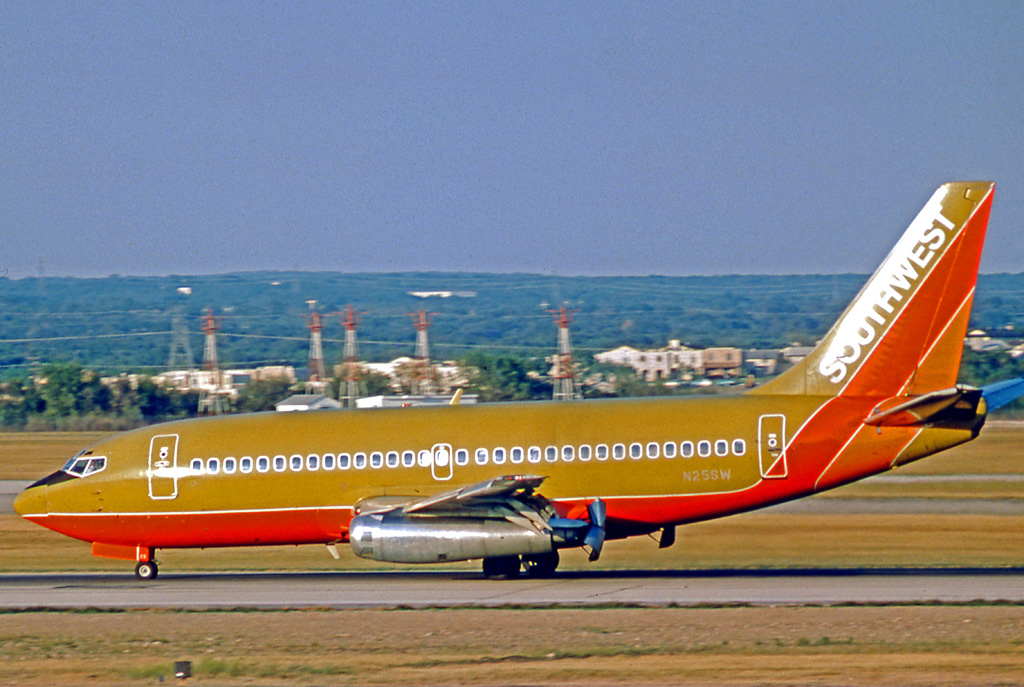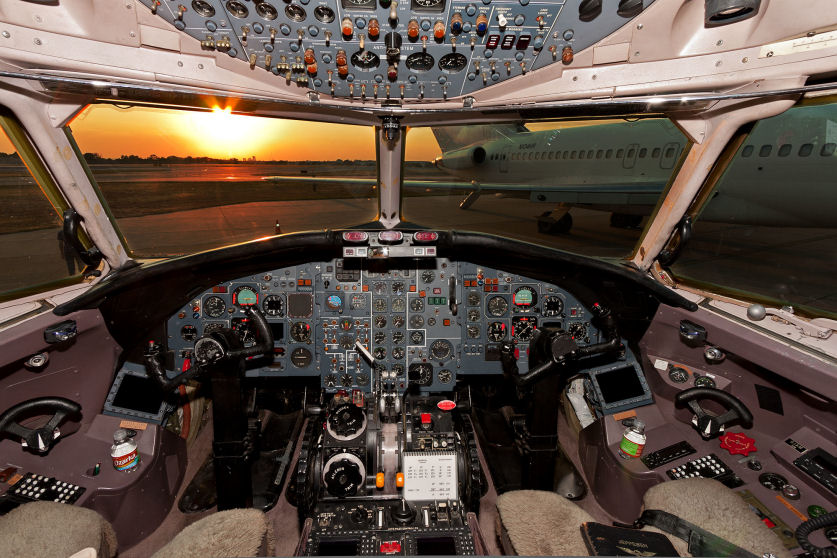Some of the examples were the way pilots did things that they don't do at the older, established companies. Helping straighten out the cabin with the flight attendants after deplaning, to facilitate a quick turn and helping with the loading and unloading of passenger baggage would be a couple examples. Working in non flying capacities, such as teaching ground school and creating schedules were a couple more. The idea was that we had attached our wagons to this star and would be loyal in the lean times in hopes that it would become a success the way Southwest had and we would all reap the rewards.
Federal Express was another such example. They started flying Falcon 20s. These were planes that had been used as corporate jets. Nice planes, but small by airliner standards. The business plan was to fly small, but important packages around the country at night, and to guarantee next day delivery. They were important enough to justify a high price and hopefully help FedEx succeed.
It worked ultimately, but at first there were rough times. There were stories going around about pilots needing to buy fuel and the company credit card not being accepted. The pilots paid for the fuel on personal credit cards and were reimbursed later. Eventually, they began to add Boeing 727s to the fleet.
The thing that Southwest and FedEx had in common, was a love affair between the company and the employees, especially the pilots. An unpleasant fact for typical businessmen is that if you are going to run an airline, you need pilots and it helps if you have a fantastic relationship with them. As we shall see later, not all businessmen are capable of grasping that premise.
We were close to having that great relationship at Florida Express. The pilots were free to run the operations side without much interference. There were certainly some pilots who did not buy into the love affair, but most did. In the early stages, we thought the management wanted to create something like Southwest and Federal Express had created. We thought we had a chance of making it and reaching the levels of pay that existed at the traditional airlines.
I can remember a few flight attendants complaining about heavy passenger loads, when we were in our busy times. Occasionally, I was inspired to explain that the passengers were the reason we needed flight attendants and if they ever stopped showing up, we didn't need flight attendants...nor pilots for that matter.





